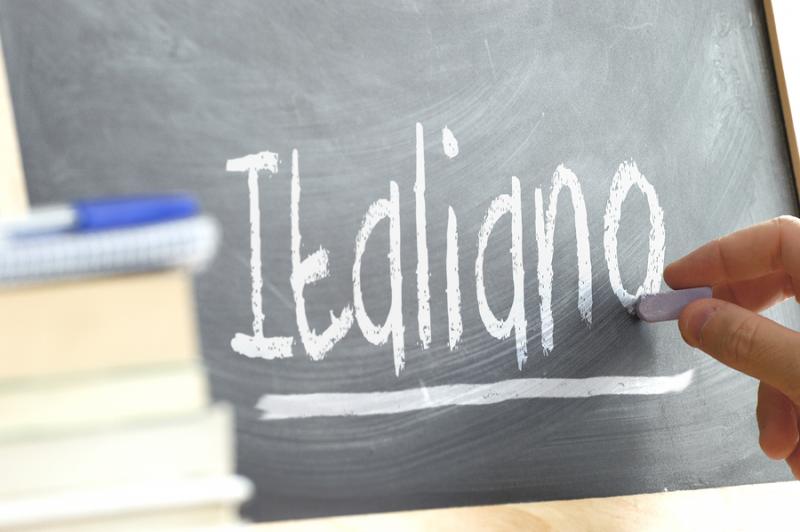At Italy Magazine we have looked at nouns before, both regular and irregular ones. Nouns are naming words and represent things, people and places. They are essential when speaking Italian. Even if you are just starting out learning the language I am sure you know some Italian ones already, such as ‘il gelato’ (ice cream), ‘la pizza’ (pizza) and ‘la pasta’ (pasta).
Here’s a quick recap of how regular Italian nouns work: Generally masculine nouns end in ‘o’ in the singular and in ‘i’ in the plural. Feminine nouns end in ‘a’ in the singular and in ‘e’ in the plural. Singular nouns ending in ‘e’ become ‘i’ in the plural and can either be masculine or feminine:
Il ragazzo – Boy (masculine singular)
La ragazza – Girl (feminine singular)
I ragazzi – Boys (or a mixed group) (masculine plural)
Le ragazze – Girls (feminine plural)
Il fiore / I fiori – Flower / Flowers (masculine)
La televisione / le televisioni – Television / Televisions (feminine)
As is often the case when you learn a language, you learn the rule and then you find out that there are always exceptions to the rule! And the language lesson today is about one of those exceptions - a group of nouns that change gender in the plural.
You may have come across the Italian word for egg: ‘l’uovo’ which is masculine in the singular but becomes feminine in the plural: ‘le uova’. Well there are more of them! Another common one is ‘il paio / le paia’ – pair / pairs, here are some sentences using this example:
Hai un paio di scarpe da prestarmi? Have you got a pair of shoes to lend me?
Mia nonna ha cento paia di scarpe! – My grandma has 100 pairs of shoes!
When talking about distances in Italian, the word for mile ‘il miglio’ becomes feminine in the plural ‘le miglia’:
Ho camminato per un miglio – I walked for a mile
Ho camminato per dieci miglia – I walked for 10 miles
There are two nouns in this group relating to numbers:
Il centinaio / le centinaia – one hundred / hundreds
Il migliao / le migliaia – one thousand / thousands
Here are some example sentences:
Ho ricevuto un centinaio di lettere – I received a hundred letters
Migliaia di persone sono andate al concerto – Thousands of people went to the concert
Finally, the last group of nouns which change gender in the plural are relating to some body parts. They are masculine in the singular and feminine in the plural:
il braccio / le braccia – arm / arms
il labbro / le labbra – lip / lips
l'osso / le ossa – bone / bones
il ciglio / le ciglia – eyelash / eyelashes
il sopracciglio / le sopracciglia – eyebrow / eyebrows
il dito / le dita – finger / fingers
Interestingly for the following body parts you can use the masculine or feminine plurals:
il ginocchio / i ginocchi or le ginocchia – knee / knees
l'orecchio / gli orecchi or le orecchie – ear / ears













